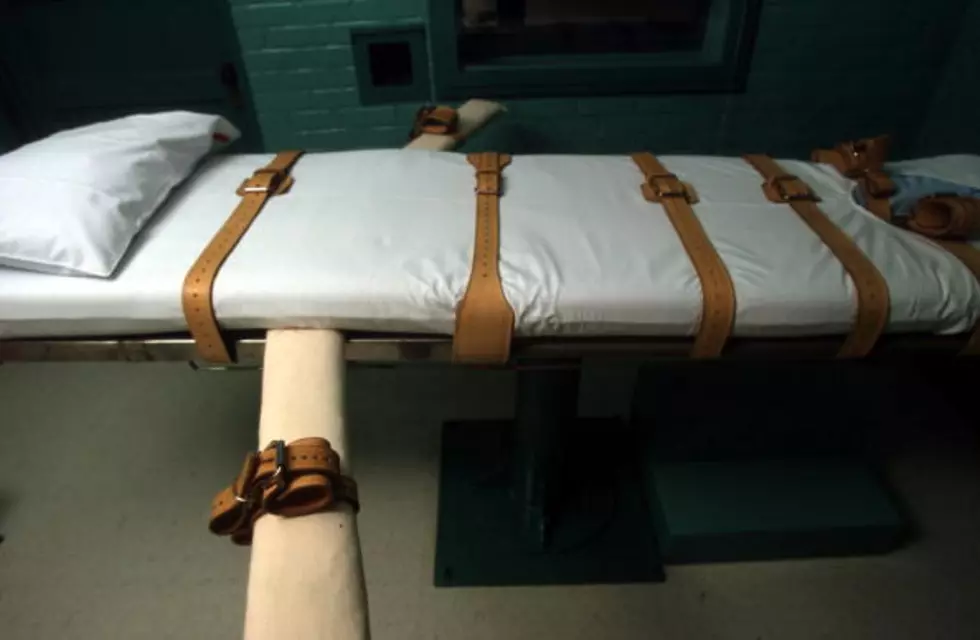
Does the Death Penalty Reduce Crime? Murders? Decide For Yourself
With one moratorium, and stroke of a pen, Gov. Inslee just made the Death Penalty a HOT BUTTON issue in Washington state.
Tuesday morning, Inslee issued a moratorium on further executions, afffecting the 9 inmates on Death Row in the Walla Walla State Penitentiary. Since the state began executions in 1904, 78 inmates have been put to death. Of those, 73 were between 1904 and 1963. Only 5 executions have occurred since then.
The last execution took place, according to the Department of Corrections, in September, 2010. Cal Coburn Brown, a 52-year-old man, out of King County. He confessed to a 1991 murder of a Burien, WA woman. He sexually assaulted and tortured the 22-year-old before killing her. He had complained other killers got life in prison, but it was the heinous nature of his crime that led the State Supreme Court to deny his stay of execution.
Only one inmate from the Tri-Cities (Benton County) has ever been put to death, Jeremy Sagastegui, who was executed in October, 1998, for the 1995 murder of a 3-year-old boy, his mother and her friend while he was baby sitting the boy in Finley. It remains one of the most horrific crimes in Mid-Columbia history. He was also the FIRST inmate executed by lethal injection in Washington state. Previously, all executions were done by hanging.
There has been a growing national discussion about whether the Death Penalty reduces crime, or if it's "inhumane." There have been stories of prisoners who "took too long to die" after being administered drug cocktails, and some say the constant parade of appeals and stays-of-execution are of themselves torture.
Supporters say crime rates, especially murder, drop in years following executions. There is a compelling argument put forth at the website deathpenaltyprocon.org, where arguments for both sides are listed. This website is worth a good read.
A study done by a Pepperdine University professor in 2007 shows that following executions, about 74 fewer murders are committed the following year. It was based upon data compiled between 1979 and 2006. The website also points out arguments from opponents of the penalty who say states such as Texas that swiftly enforce it have higher homicide rates than those such as Wisconsin, who don't have the penalty.
However, some of these arguments do not take into account the different ethnic and demographic breakdowns of each state. It also has to be considered that while some states do have the penalty, few executions are carried out due to the endless number of appeals and legal hurdles put forth by those who don't support it.
Those in favor say unless the penalty is exercised in a consistent manner, it loses it's effect as a deterrent. They also say there's no point in utilizing public funding to keep these convicted killers alive.
But perhaps the most compelling argument for some in upholding the death penalty are the numerous stories of the unrepentant nature of many of those convicted. Sagastegui told the jury at his trial:
"I killed the kid, I killed the mother and her friend. And if their friends had come over, I would have killed them too."
It is for that reason that many view capital punishment as a way for retribution for those who lost family, friends and loved ones. They also believe there's no point in allowing people with no remorse to continue to live, even if it's for life behind bars.
It is a compelling issue, and one that will not be solved easily, quickly or simply.
More From 870 AM KFLD









